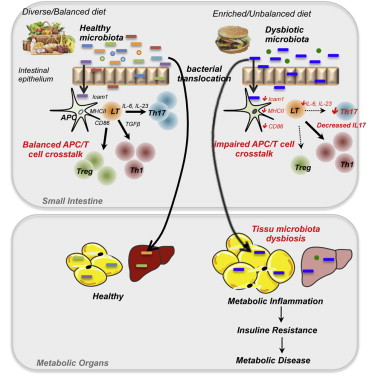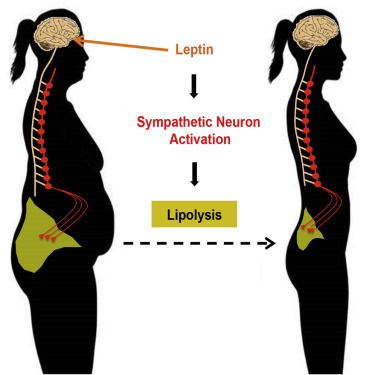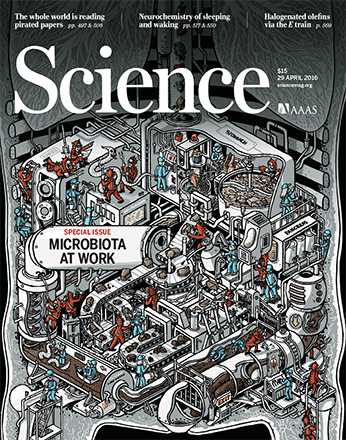The health of our society will improve as its education improves; simple as that. My interest in education has motivated me to read widely. To share my findings with you I will soon publish a pictorial book/slide presentation that will truly be integrative; it will contain practically ALL fields of human endeavor, especially art, literature, physics, history, philosophy, psychology, anthropology, literature, religion, and, of course, health.
The book highlighted below is an integrative work to some degree. It strikes at the heart of our less than optimal education system. A practical “proof” of these statements is the attendance at a wonderful little movie on the weekend it opened. Only a handful of people bothered to watch “The Man Who Knew Infinity.” I will say no more about it; but, I hope that your own education, or curiosity may compel you to find out more about this jewel of a movie.
“The Importance of Being Little What Preschoolers Really Need from Grownups,” Erika Christakis Viking, 2016. 400 pp. J. Science 11 Mar 2016:351:1158
“The Little Prince opens with a 6-year old narrator who proudly drew a boa constrictor that had swallowed an elephant. Disheartened that adults think his masterpiece is a picture of a hat, he quips, “Grown-ups never understand anything by themselves.” In her new book, The Importance of Being Little, Erika Christakis comes to the same conclusion. Her “preschool paradox” suggests a misalignment between what we offer young children and what they really need: PLAY.”
Despite my emphasis on science and evidence for new concepts in health I am ultimately a romantic. The heart wins every time in my opinion. Ask yourself how we are doing as a society led by Ivy League graduates…

Can’t Lose Weight?
In my experience the answer is simple: people are addicted to added sugars. While many patients come in to lose weight a great many of them cannot face to the harsh reality that added sugars are as addicting as tobacco, alcohol and even heroin. It takes a monumental effort to lick these addictions. It requires not only a psychological/spiritual approach, but a PUBLIC HEALTH approach.
Yet, there are some patients who, despite licking a sugar addiction they still can’t lose weight. They swear that they eat very little and exercise. Generally, there are two issues that require further attention: (1) Stress, (2) an altered Microbiome. Check out these articles:
“The Intestinal Immune System in Obesity and Insulin Resistance,” J. Cell Met Volume 23, Issue 3, p413–426, 8 March 2016
“Obesity and insulin resistance are associated with chronic inflammation in metabolic tissues such as adipose tissue and the liver. Recently, growing evidence has implicated the intestinal immune system as an important contributor to metabolic disease. Obesity predisposes to altered intestinal immunity and is associated with changes to the gut microbiota, intestinal barrier function, gut-residing innate and adaptive immune cells, and oral tolerance to luminal antigens. Accordingly, the gut immune system may represent a novel therapeutic target for systemic inflammation in insulin resistance. This review discusses the emerging field of intestinal immunity in obesity-related insulin resistance and how it affects metabolic disease.”


“Interactions between Gut Microbiota, Host Genetics and Diet Modulate the Predisposition to Obesity and Metabolic Syndrome,” J. Cell Met Volume 23, Issue 3, p564–566, 8 March 2016
What can you do about these problems?
Fix the Microbiome as we have discussed ad nauseum herein.
Learn relaxation techniques like Tai Chi, Yoga. Learn a musical instrument. Get a cat.
You may also try supplements like GABA, Folate MTHFR, SAMe, Lithium orotate, Zembrin, Tryptophan, etc.
You may also consider many other supplements to improve your cellular metabolism. Check out the latest articles I found this month on this issue:
“Adipose tissue α-linolenic acid is inversely associated with insulin resistance in adults ,” Am J. Clin Nutr 2016 103: 1105
“Extra-Virgin Olive Oil Reduces Glycemic Response to a High–Glycemic Index Meal in Patients With Type 1 Diabetes: A Randomized Controlled Trial,” J. Diabetes Care 2016;39:518
“Ambient Air Pollutants Have Adverse Effects on Insulin and Glucose Homeostasis in Mexican Americans,” J. Diabetes Care April 2016;39:547
“Omega-6 PUFAs in Diet Seem to Cut Diabetes Risk: Kuopio Cohort,” published online March 24 in the American Journal of Clinical Nutrition
Walnuts good for Diabetes, BMJ Open Diabetes Res Care. 2015;3(1)
“Circulating Retinoic Acid (Vitamin A) Levels and the Development of Metabolic Syndrome,” JCEM 2016;101(4), pp. 1686
Hate Mammograms?
I don’t blame you. The Swiss quit doing them altogether. Consider doing an Ultrasound. They are just as good in screening for breast cancer. J. Natl Cancer Inst (2016) djv408)

I can’t help it! Another landmark special report on the Gut Flora.

Microbiome: Introduction to special issue
Manipulating the Microbiota Science29 Apr 2016 : 530-531
Cross-species comparisons of host genetic associations with the microbiome Science29 Apr 2016 : 532-535
Resurrecting the intestinal microbiota to combat antibiotic-resistant pathogens Science29 Apr 2016 : 535-538
How colonization by microbiota in early life shapes the immune system Science29 Apr 2016 : 539-544
Antibiotic use and its consequences for the normal microbiome Science29 Apr 2016 : 544-545
Population-level analysis of gut microbiome variation Science29 Apr 2016 : 560-564
Monsanto lies about pesticides
As previously reported Monsanto developed pesticides from left over WWII Nerve Gas. Yeah, that is what we put in our crops. The consequences affect us through our life cycle:
Children: higher risk of autism.[1]
Young: lower sperm counts and hormonal problems.[2]
Old: Parkinsonism.[3]
Other than that they are pretty safe…
The Purple Pill keeps giving…
Here is the entire article published in Medscape May 13th 2016.
NEW YORK (Reuters Health) – A new study suggests that chronic use of a proton pump inhibitor (PPI) accelerates aging of endothelial cells.
PPIs impair the ability of the lysosomes in vascular cells to generate acid. Lysosomes function as “garbage disposals for the vascular cells (and) they can’t work well if they can’t generate acid,” lead investigator Dr. John Cooke of Houston Methodist Research Institute in Texas told Reuters Health by email.
“Doctors have been giving the PPIs with the understanding that these drugs are specific for the acid pump in the stomach. What we have found is that another acid pump is affected, and this causes ‘garbage’ (damaged proteins) to aggregate in the cells, (which) causes the cells to age faster,” he explained.
“This study provides a plausible unifying mechanism for accumulating reports that PPI users are at increased risk for heart attack, kidney problems, and dementia,” Dr. Cooke said.
The study is scheduled for publication May 10 in Circulation as a Brief Ultrarapid Communication.
In cultured human microvascular endothelial cells, Dr. Cooke and his colleagues observed that chronic exposure to clinically relevant concentrations of the PPI esomeprazole accelerates endothelial aging by impairing lysosomal function and proteostasis, leading to an increase in oxidative stress, endothelial dysfunction, and senescence by reducing telomere length.
“The health of our blood vessels is necessary for normal functioning of our heart, brain, and kidneys. Damage to the lining of our blood vessels could lead to heart attack, dementia and renal failure. The pharmaceutical industry and regulatory authorities should reconsider the use of these agents without medical supervision. Physicians should be more cautious in their prescription of these drugs,” Dr. Cooke told Reuters Health.
“Unless otherwise indicated, physicians should consider PPIs only for short-term use for relief of symptoms of GERD (gastroesophageal reflux disease), since we now have a ‘smoking gun’ that helps explain the consistent observational evidence of increased risk,” he added in a news release.
The researchers note that they have not tested the full range of PPIs that are commercially available and have not determined if the effect of the PPIs to accelerate aging of human endothelial cells occurs in vivo.
“We urgently need to study the effects of these drugs on vascular health, which we are preparing to do at Houston Methodist Research Institute,” Dr. Cooke said.


